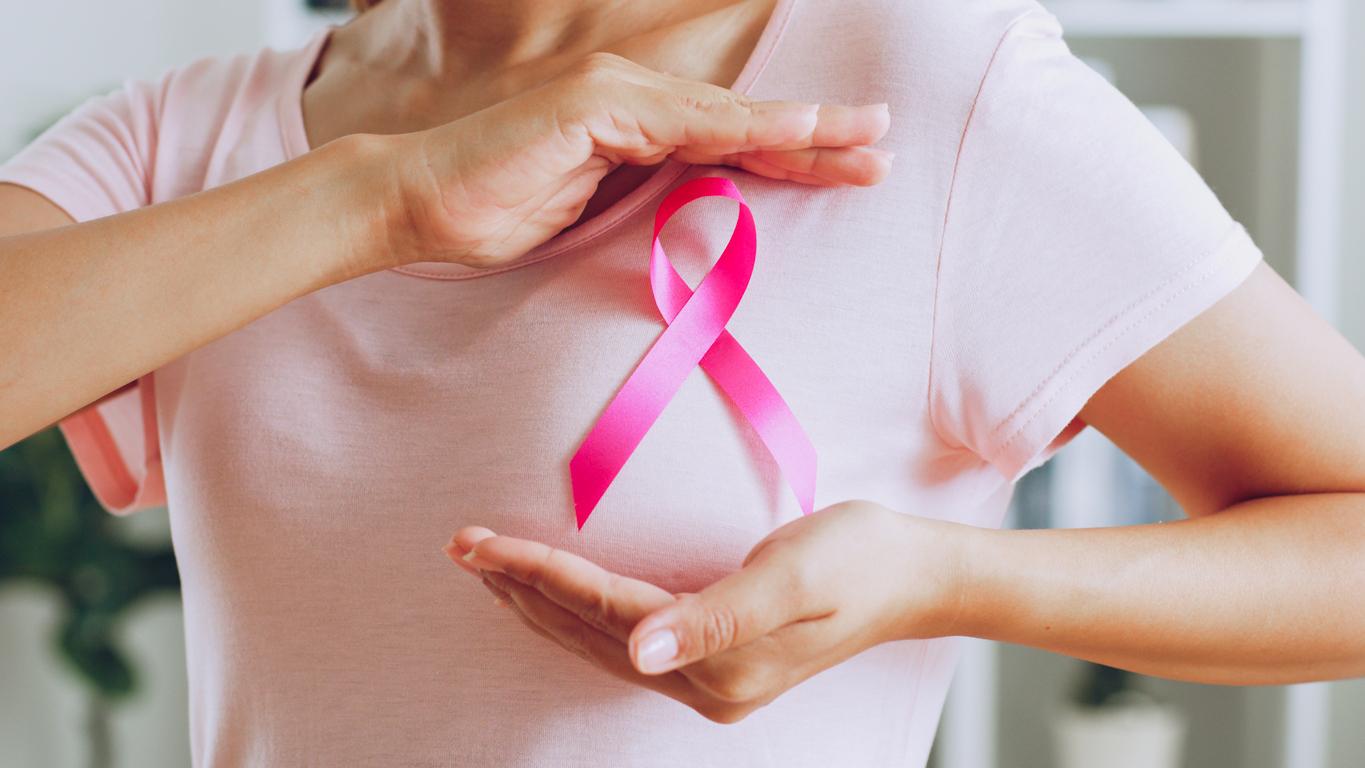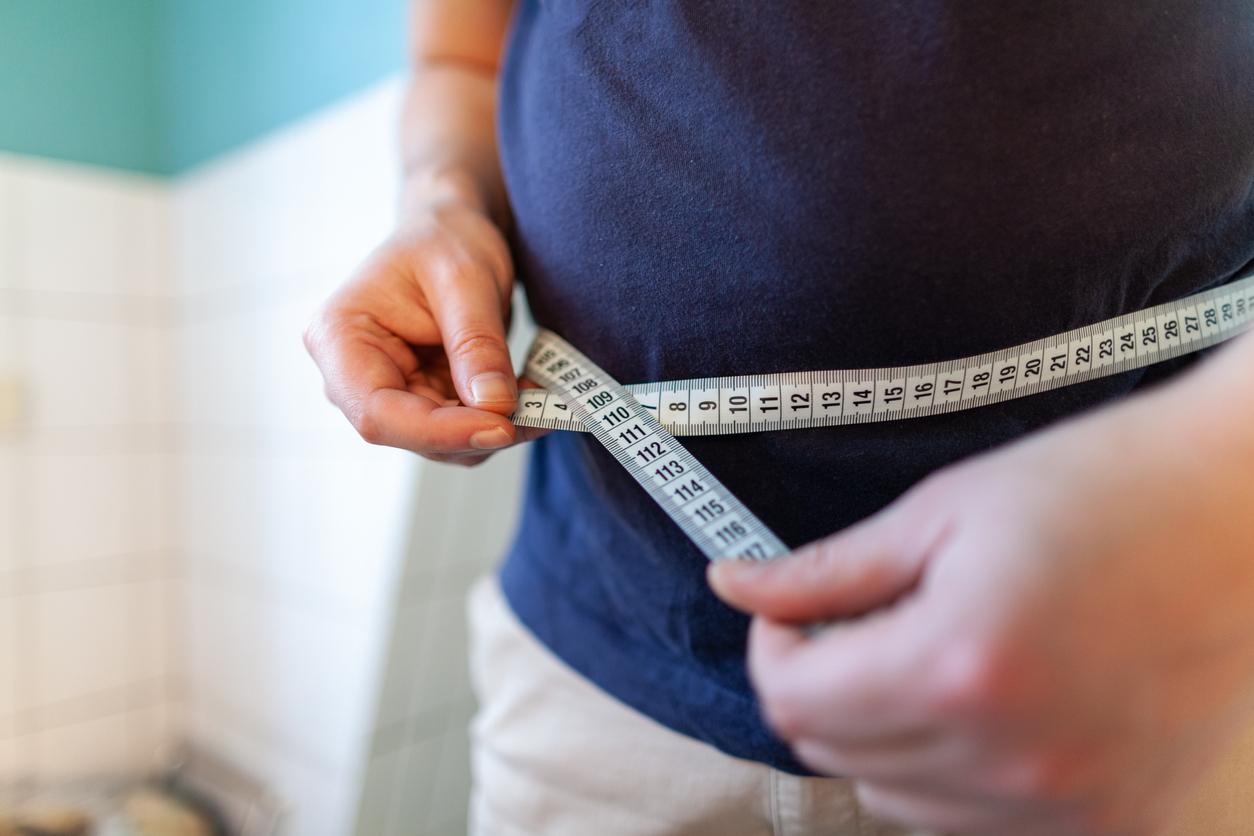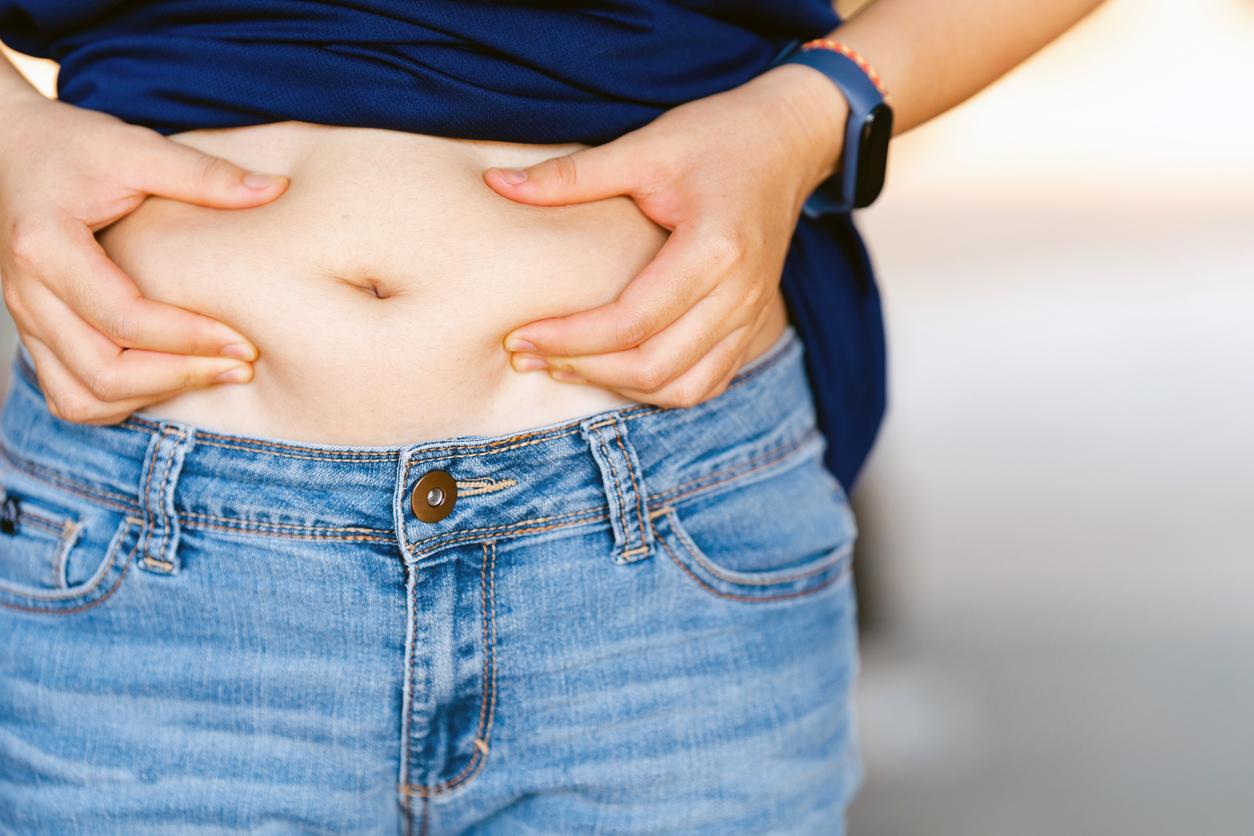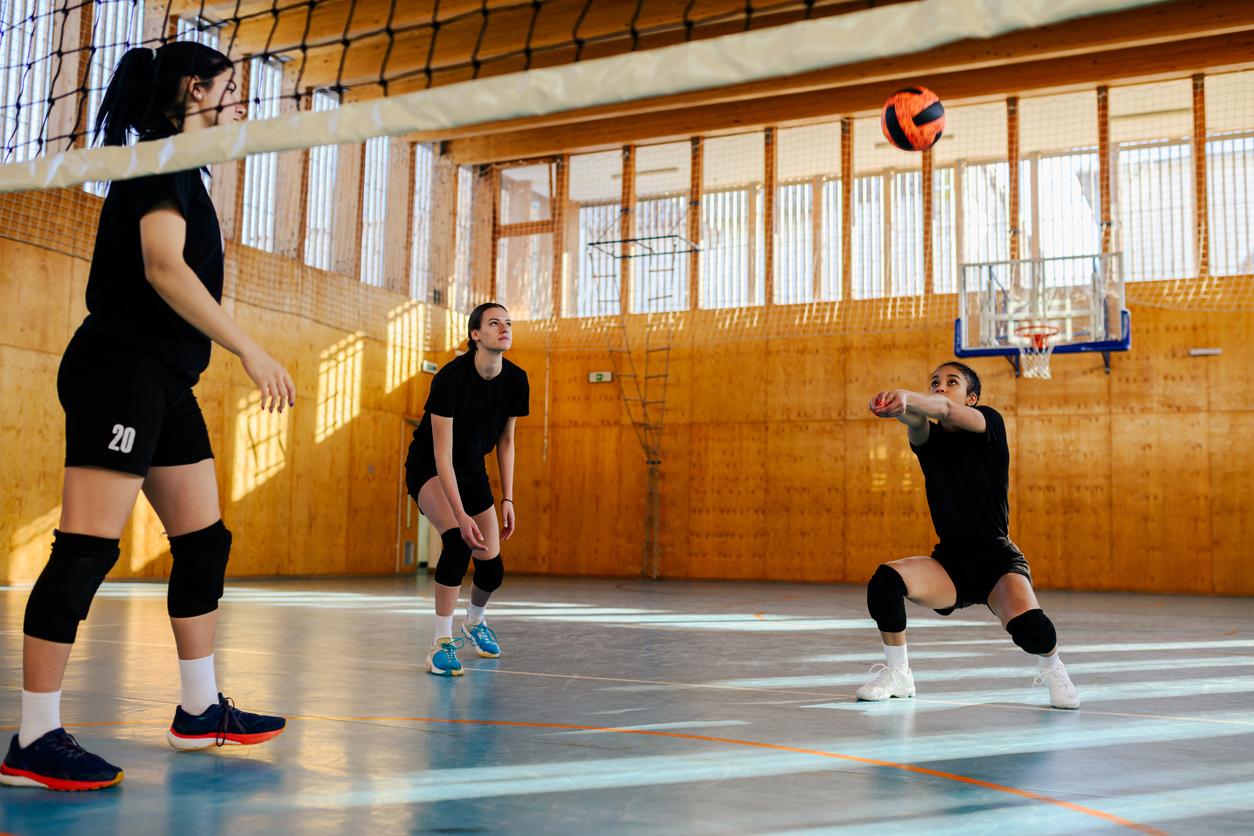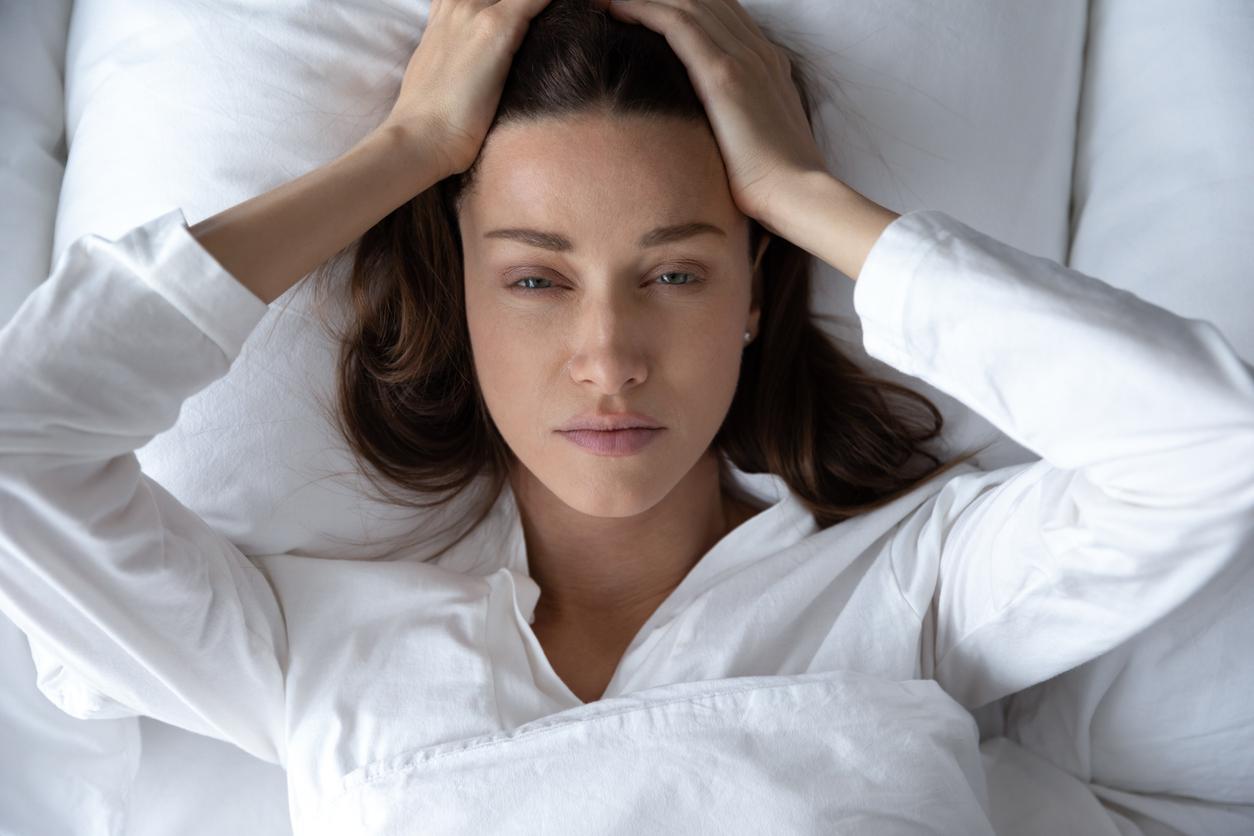People who don’t get enough sleep tend to eat more and store that bad abdominal fat.
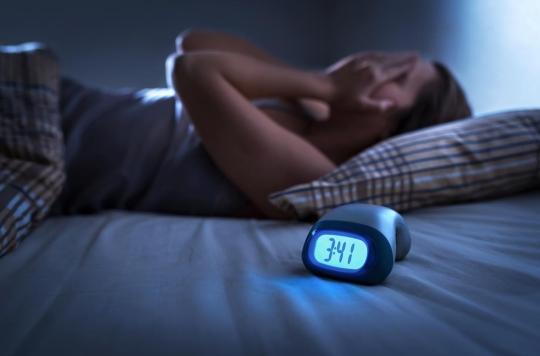
- Drowsiness and feeling tired are the main symptoms of lack of sleep.
- In the evening, to sleep better, it is advisable to avoid stimulating drinks and screens, to eat lightly and to ventilate your room.
Six hours for light sleepers and up to ten hours for those who need the most sleep. According to health insurance, needs vary from person to person and the amount needed tends to decrease with age. It is therefore very important to listen to yourself and understand, over the years, in which category you place yourself in order to be able to cover your sleep needs…
Because, if you lack it, the consequences on health can be significant: more difficult concentration, memory problems, lower morale and immunity, depression, increased risk of developing diabetes or cardiovascular disease… And , according to a new study published in the journal Journal of the American College of Cardiology, a greater probability of storing bad fat in the abdominal area.
One group could sleep, the other was restricted
The work of the scientists took place in two sessions of 21 days. In the first, the 12 participants were divided into two groups: in the first, they could sleep nine hours a night, in the other the researchers limited their amount of sleep, i.e. nine hours during the first four days then the rest of the time only four hours per night.
Three months later, the second session was the same except that the groups were reversed. Each time, all participants had access to unlimited food. The goal was to see if there was a correlation between the amount of sleep and hunger, calorie intake, energy expenditure, weight and fat distribution, especially at the abdominal level.
300 more calories a day when you’re sleep deprived
Results: During the sleep deprivation period, participants consumed an average of 300 more calories per day. These consisted of about 13% more protein and 17% more fat, compared to their diet during the first four days, when they could sleep nine hours a night.
Another observation of the researchers: there was an increase in food consumption during the first days of sleep deprivation but it gradually decreased thereafter until returning to that recorded at the beginning of the experiment. Finally, during both sessions, the energy expenditure of the sleep-deprived group remained the same.
11% more visceral fat
“Visceral fat accumulation (located in the abdomen, below the muscles of the abdominal wall) was only detected by CT scan (a radiological examination) and was not physically visible and this, especially since the increase in weight was quite small, only about a pound (about 0.45 kilograms), explains Naima Covassin, one of the authors. If we only measured weight, it would be reassuring but biased in terms of the consequences of lack of sleep on healthIndeed, at each session, the researchers measured a 9% increase in total abdominal fat and an 11% increase in visceral fat in sleep-deprived participants, compared to those who slept nine hours a night.
A phenomenon also present among young people
“Our results show that poor sleep, even in young, healthy, and relatively lean people, is associated with increased calorie intake, very little weight gain, and a significant increase in the accumulation of fat inside the belly“, explains Virend Somers, one of the authors. According to him, it is important to make people who have sleep disorders aware of these risks so that they can adapt their behavior such as, for example, eating a balanced diet and do more physical activity.
.








